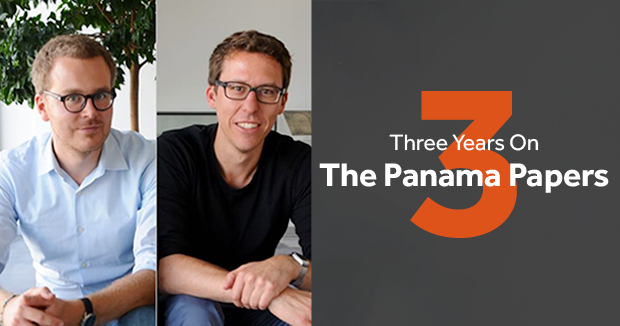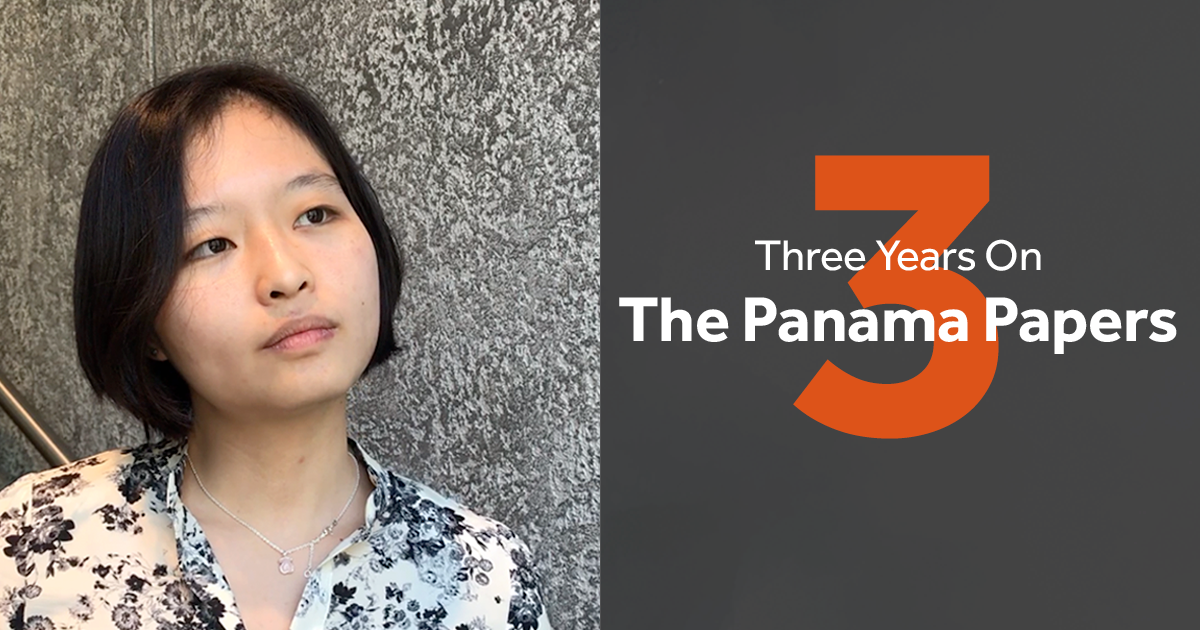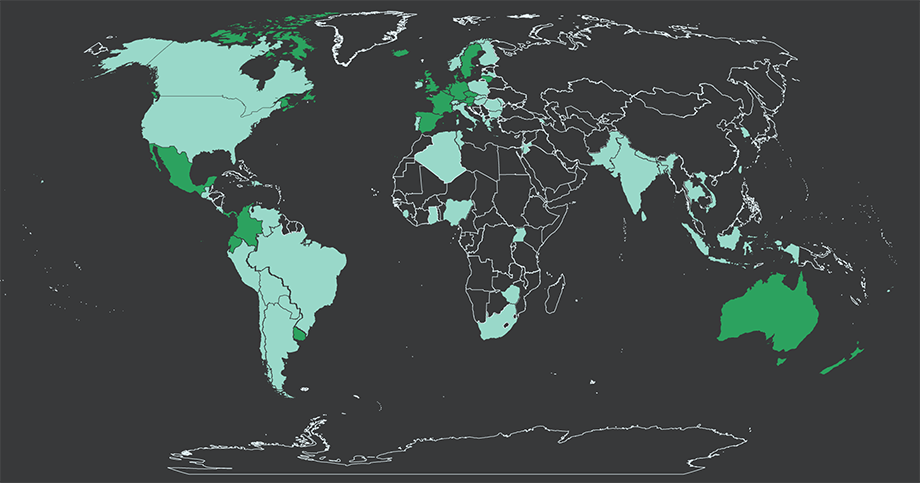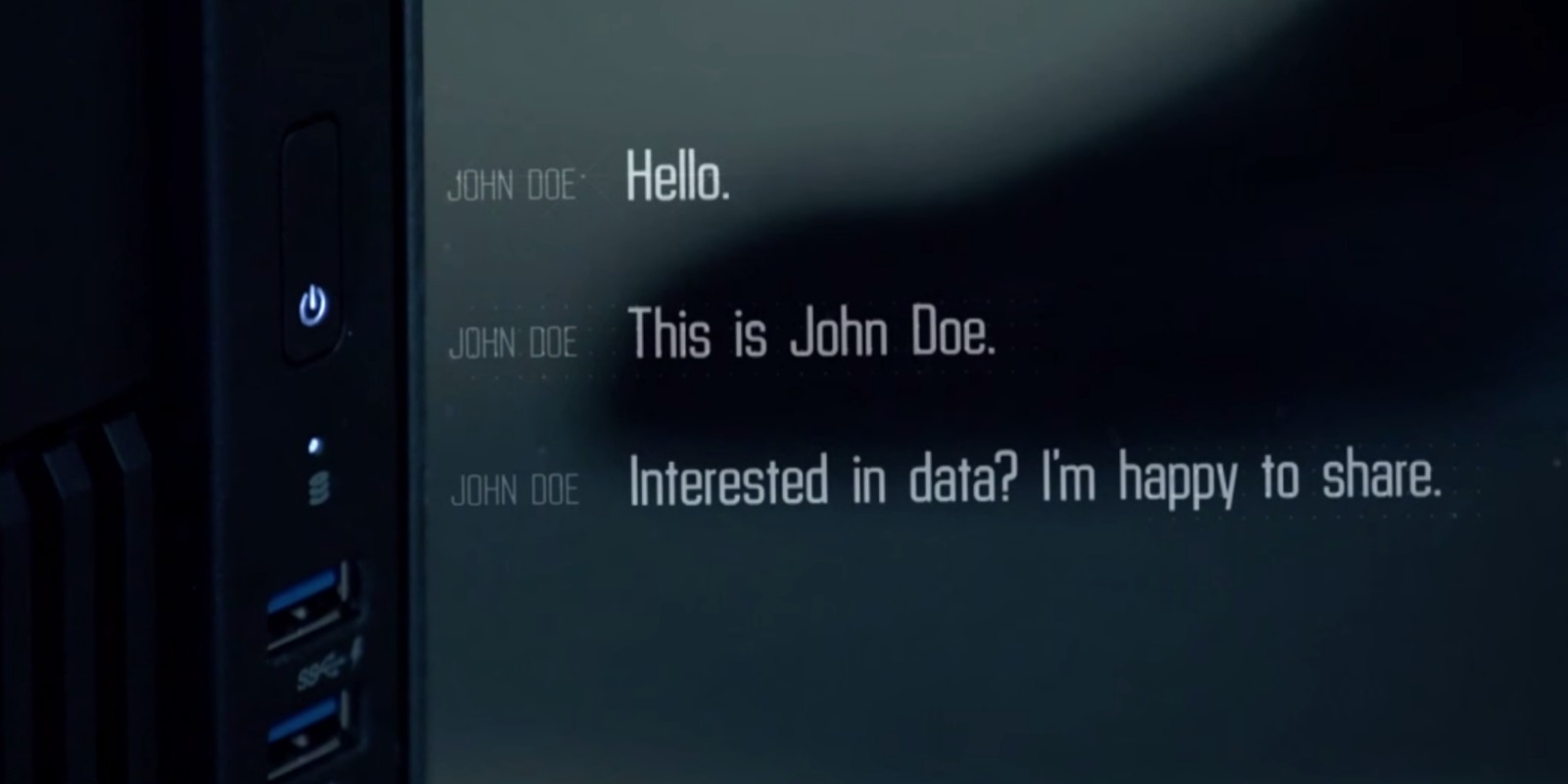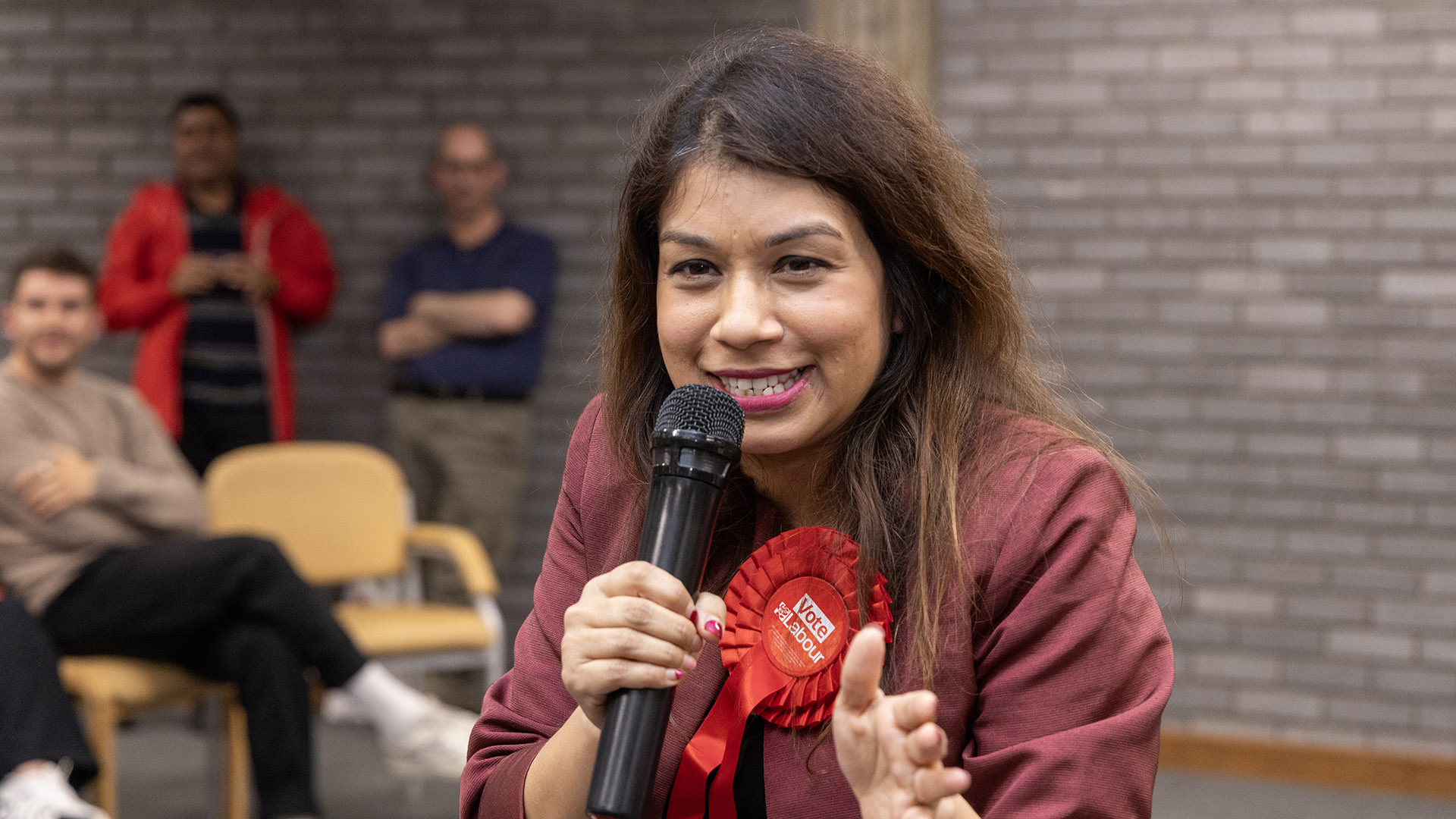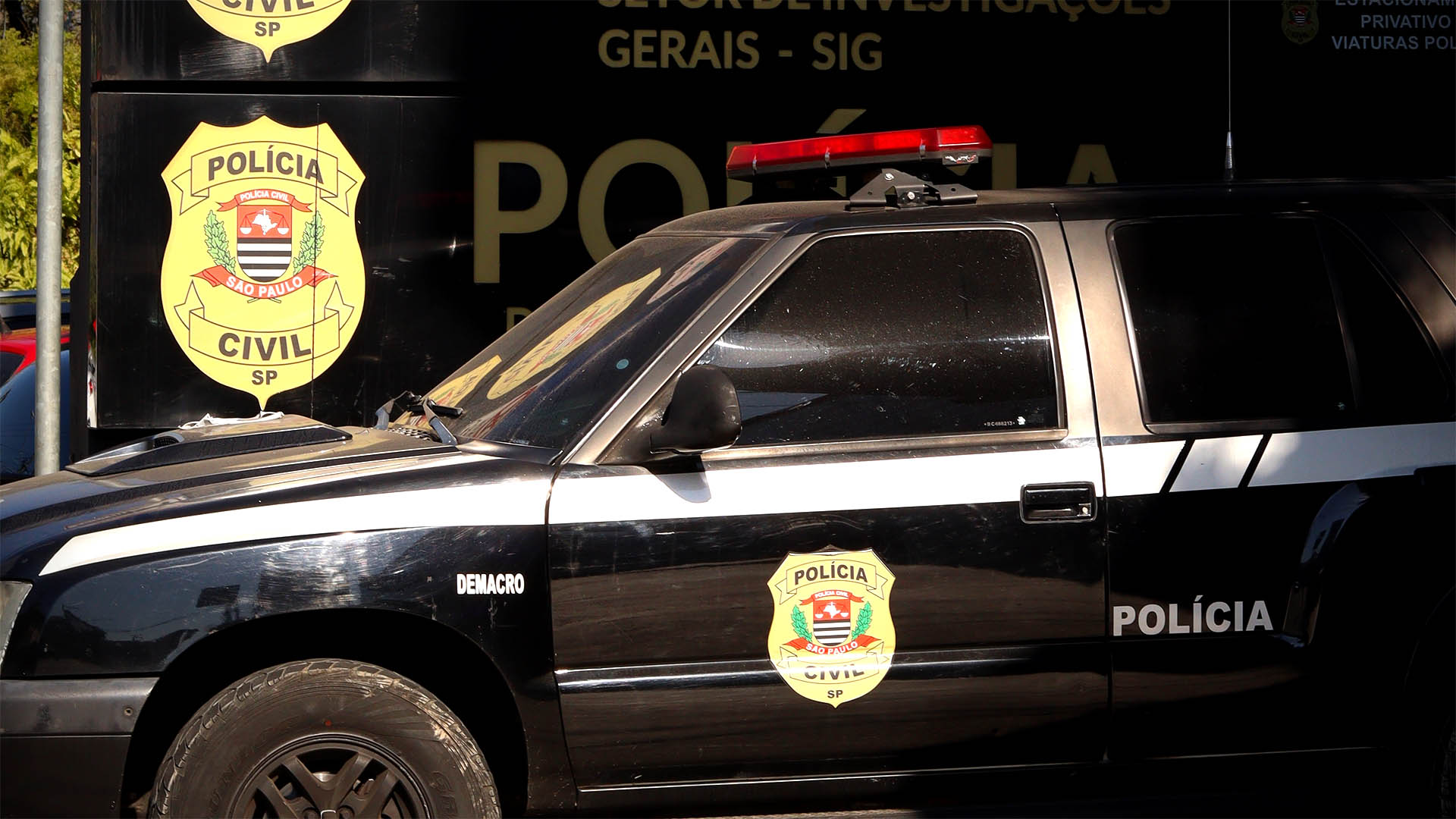To celebrate the third anniversary of the Panama Papers we’re speaking with reporters from around the world about the investigation each week.
Three years ago, two investigative journalists at the German newspaper Süddeutsche Zeitung, Bastian Obermayer and Frederik Obermaier, received a record-breaking trove of leaked data from a source going by the pseudonym John Doe. Realizing the enormity of what they had, they took it to the International Consortium of Investigative Journalists and, working together, turned it into the biggest global investigation in journalism’s history – the Panama Papers.
Here are a few of Bastian and Frederik’s reflections:
You received the biggest leak in the history of journalism. How did you decide what to do with it?
Some stories are simply too big for one news outlet to tackle. The Panama Papers for sure were, and we were lucky enough to realize that quite early. Sharing the data was crucial for the success of the project. We were able to do better stories and more stories – and made sure we did not miss too many stories. Four hundred eyes simply see more than four eyes.
What reaction to the Panama Papers has impressed or alarmed you most?
It was fascinating to see how the Panama Papers unfolded. We’ve seen prime ministers stepping down and mass demonstrations in several countries. It was impressive to see thousands demonstrating in the streets of Reykjavik, London, Valletta and other cities all around the world demanding more transparency and more accountability. It proved what journalism can accomplish: holding the rich and the powerful accountable, informing the public about grievances – thereby enabling them to make informed political decisions. The fact that, at the same time, nothing at all happened in Russia tells you probably more about the condition that the country is in.
We still laugh when we recount how Vladimir Putin explained the hundreds of millions of dollars in the pockets of his best friend Sergey Roldugin. – Bastian Obermayer and Frederik Obermaier
What was your favorite German story from Panama Papers?
From a German perspective, two stories stood out: one about a former Siemens-manager in the center of the Siemens bribery scandal who has been under investigation since our publication. He sent $2 million to a numbered Swiss bank account – money that was frozen in the meantime. The other story was about the mysterious German private agent Werner Mauss. Mauss’ name came up in nearly all major German scandals of the past decades – and we also found him in the Panama Papers. We found a copy of his passport – one under a false name. He was not supposed to have any official cover-docs any more, yet we could prove that he still does.
Have you heard from Jurgen Mossack or Ramon Fonseca? Do you try and follow their fortunes?
We have reached out to them several times, and Mossack, of German descent, answered once – but only to accuse us of being biased. In June 2018, Süddeutsche Zeitung’s Latin America correspondent was offered to finally meet Jürgen Mossack. But in the end, it was only possible to meet Mossack’s lawyer. Of course, we are following closely the investigations against Mossack and Fonseca in Panama, we read their statements and are still surprised on their ongoing endeavor to paint their shady business as something completely normal and legitimate. Given the fact that they helped criminals and autocrats to hide their money, this is absurd.
Having released these documents to the world, are there places you prefer not to travel to now? Have you been intimidated or criticized?
Let’s put it this way: We are thinking twice about where to travel and where not. For example, in summer 2018 we traveled to Moscow to meet Edward Snowden. We wanted to meet this famous whistleblower for an interview, at the same time we were fully aware of Russia’s president Vladimir Putin not being a big fan of our reporting about his inner circle funneling millions out of Russia. Therefore we consulted with experts. In the end, we decided to travel on the eve of the Soccer World Cup – we hoped that in a moment when the whole world had their eyes on Russia, nobody would dare to do harm to journalists. We flew in, brought our own food and drinks, conducted the interview and left.
Thank god, we have not been threatened ourselves. The murders of Daphne Caruana Galizia and Jan Kuciak – two journalists who reported about the Panama Papers or its aftermath – fills us with grief. We will never forget them.
Are you still in touch with John Doe? Do you think he/she is happy with the impact of reporting by Sueddeutsche Zeitung and ICIJ partners?
From John Doe’s manifesto, which was published shortly after the Panama Papers publications, we know that the whistleblower was quite satisfied while at the same time seeing a need for more change. You must imagine, for more than a year he sent data into a black hole, nothing really happened. And then 100 media published stories, at the same time. It must have been a huge shock for him, even if it was what he had wished for. We are thankful to this day for the risks he took and very glad that his identity has not been revealed.
Do you think the authorities around the world have done enough to investigate criminality exposed by the Panama Papers? Why have some actions taken so long?
From a journalist’s point of view, there is always more that can be done. Nevertheless, the outcome is quite impressive: all around the world hundreds of investigations have been launched, hundreds of millions of dollars recouped and laws changed.
Has anything in the Panama Papers made you laugh? Or was there a reaction to the leak that amused you?
We still laugh when we recount how Vladimir Putin explained the hundreds of millions of dollars in the pockets of his best friend Sergey Roldugin. He told a live TV audience in Russia that Roldugin bought musical instruments for young, gifted Russians. Cellos and guitars for hundreds of millions. There must be a secret barn somewhere in Russia with all those instruments.
What advice would you give to whistleblowers who want to stay anonymous? Why should they pass information to journalists when they could just upload it to the internet and be done with it?
Theoretically, whistleblowers could simply upload revelatory data to the internet. But the chances are high that nobody would ever take notice. On the contrary, journalists can provide context, they can fact-check and thereby give more credibility. Journalists can also prevent collateral damage and shield persons who may be mentioned in some data but didn’t commit wrongdoings and have the right not to be dragged in the public limelight. We showed that journalists can put competition aside and work collaboratively for a higher aim. So we think there are many good reasons to work with good, responsible journalists, last but not least because we would do whatever we can to protect our source – like John Doe, who is still anonymous. This is why Edward Snowden called the Panama Papers a “best case.”
